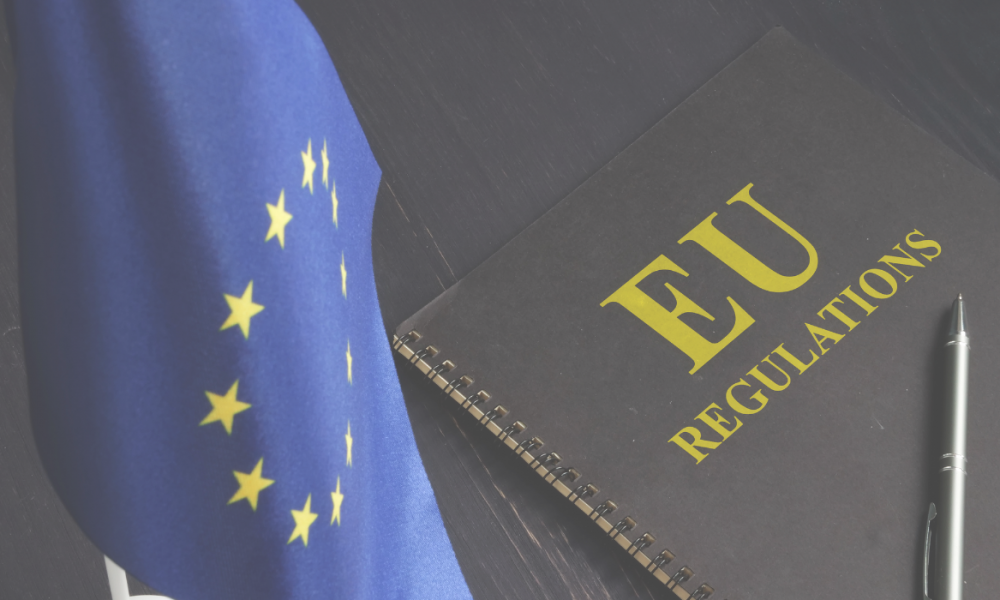
Esslingen / Berlin – 29.05.2024
As per EU regulations we conclude that:
The European Union (EU) has established a rigorous regulatory framework to ensure that all food products on the market are safe for consumption and clearly labeled. Understanding the intricacies of these regulations is crucial for consumers and businesses alike. Therefore, this blog post delves into the EU’s food regulation, focusing specifically on the distinctions between novel and non-novel foods.
EU food regulation aims to protect consumer health and ensure food safety across all member states. This is achieved through comprehensive legislation and standards governing every aspect of food production, distribution, and labeling. The primary legal frameworks include:
For example, novel foods include exotic fruits, algae-based products, synthetic food products but also new alternatives such as mycelium. Novel foods are defined by the EU as foods that were not significantly consumed by humans in the EU before May 15, 1997. This category can include newly developed foods, foods produced using new technologies and production processes, and foods traditionally consumed outside the EU.
Under Regulation (EU) 2015/2283, novel foods must undergo a safety assessment by EFSA before they can be marketed. This assessment examines various factors, including the food’s composition, nutritional value, potential for toxic effects, and the level of microbiological and chemical contaminants.
This category includes traditional foods and ingredients familiar to European consumers, such as common fruits, vegetables, grains, and dairy products. Non-novel foods, by contrast, have a well-documented history of safe consumption within the EU. In other words, these foods do not require the same level of scrutiny as novel foods.
Products derived from brewer’s yeast, for instance our own Prew:tein™, Prew:taste™, and Prew:fat™, fall into the category of non-novel foods. Brewer’s yeast has been used for centuries in the brewing industry and as a dietary supplement, indicating a long history of safe consumption in the EU. This established history means that products derived from brewer’s yeast do not require the novel food approval process.
In conclusion, understanding the distinction between novel and non-novel foods is crucial for navigating food regulation in the EU landscape. The regulatory framework ensures that all new food products meet stringent safety standards. Products derived from brewer’s yeast, such as our products, benefit from their non-novel status, offering safe, nutritious, and sustainable options for consumers. As the food industry continues to innovate, these regulations play a vital role in protecting public health and fostering consumer confidence.
Curious to learn more about your food? Take a look at the Novel Food Catalogue from EU
If you are interested in trying our products, we invite you to fill in this company form and our team will get in touch with you soon.